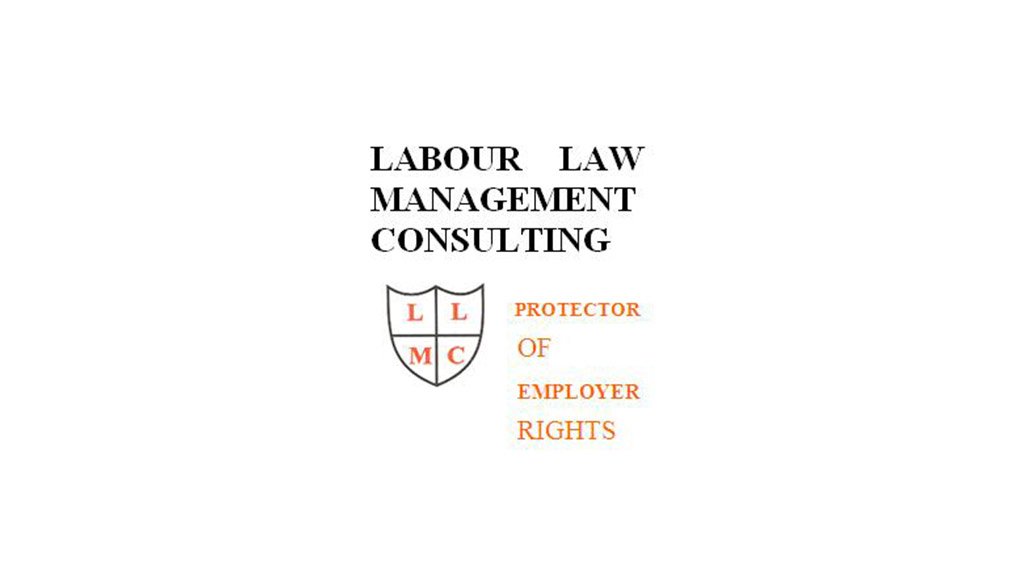Employees facing disciplinary hearings are entitled to many rights including that of the proper opportunity to prepare for the hearing in advance. This right stems from the more basic right that accused employees have to defend themselves against the charges brought.
The employee’s right to sufficient opportunity to prepare has three facets:
- The right to sufficient time to prepare a defence: The rule of thumb is that preparation time should be at least one full working day. However, depending on the number and complexity of charges and on obstacles that may exist, this preparation period may need to be extended within reason.
- The right to fully understand the charges: Charges such as ‘dishonesty’ or ‘fraud’ are far too vague. Sufficient details are to be given to the employee to make preparation realistically possible.
- The right to documentation: The employer should provide the accused with the documents it intends to use in the hearing as well as other relevant documents requested by the employee.
In the case of Oliver vs Universiteit van Stellenbosch (Contemporary Labour Law Vol. 14 No. 9 April 2005) a forensic investigation report implicated Oliver in certain irregularities. Six days before the hearing was due to begin the employee requested documents he needed for the hearing and requested that the hearing be postponed. These requests were refused.
As a result the employee applied to the High Court for an order requiring the employer to provide the requested documentation and further particulars of the charges. The Court ruled that:
- The employee had not been given sufficient time to prepare and the university’s decision not to postpone was wrong
- It was presumptuous of the employer to decide what documents the employee would need.
- The employer had not argued that the requested documents were irrelevant, confidential or unavailable
- The charges against the employee were vague
- The employer was to provide the documents and the further particulars required by the employee.
This decision acts as a warning to employers in that:
- The employee’s right to prepare for a disciplinary hearing is sacrosanct.
- Withholding documents needlessly from the accused employee serves no useful purpose. Where the requested documents are confidential and/or irrelevant to the disciplinary charges the employer requires expert labour law advice on how to withhold such documents in a way that does not infringe the law.
- Formulating charges that are general or vague will not assist the employer’s cause, but will instead, be seen to be unfair. Formulating charges clearly, legally and in a manner useful both to the employee and to the employer is very difficult. This should not be done without the assistance of a labour law expert.
Employers are also reminded that, where the employee is allowed external legal representation at the disciplinary hearing, the employer needs to be sure that the official acting as complainant (initiator or prosecutor) and the person chairing the hearing both have the legal expertise necessary to cope with the expertise of the employee’s attorney, advocate or union official.
Written by Ivan Israelstam, Chief Executive of Labour Law Management Consulting. He may be contacted on 0828522973 or on e-mail address: ivan@labourlawadvice.co.za.
EMAIL THIS ARTICLE SAVE THIS ARTICLE ARTICLE ENQUIRY
To subscribe email subscriptions@creamermedia.co.za or click here
To advertise email advertising@creamermedia.co.za or click here











